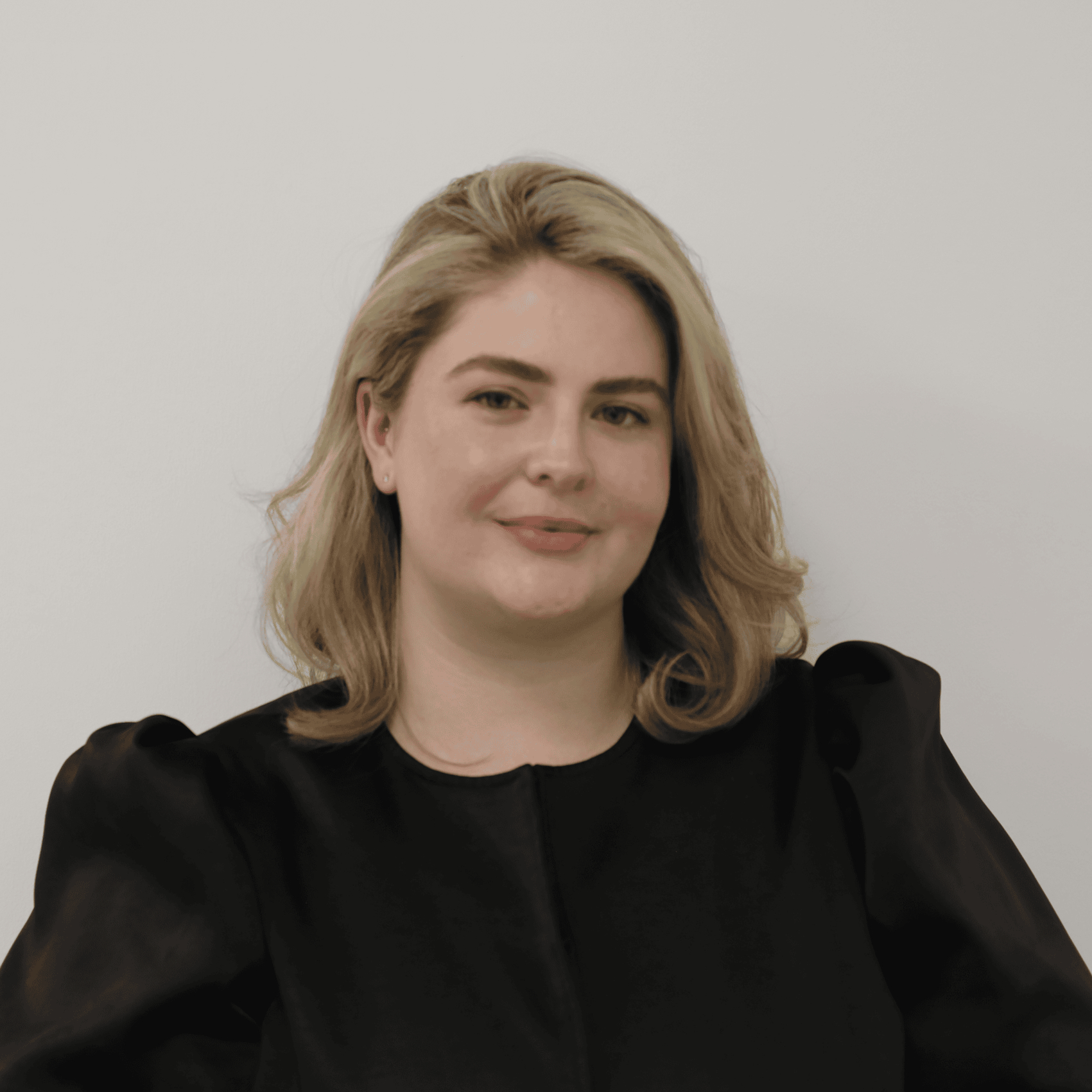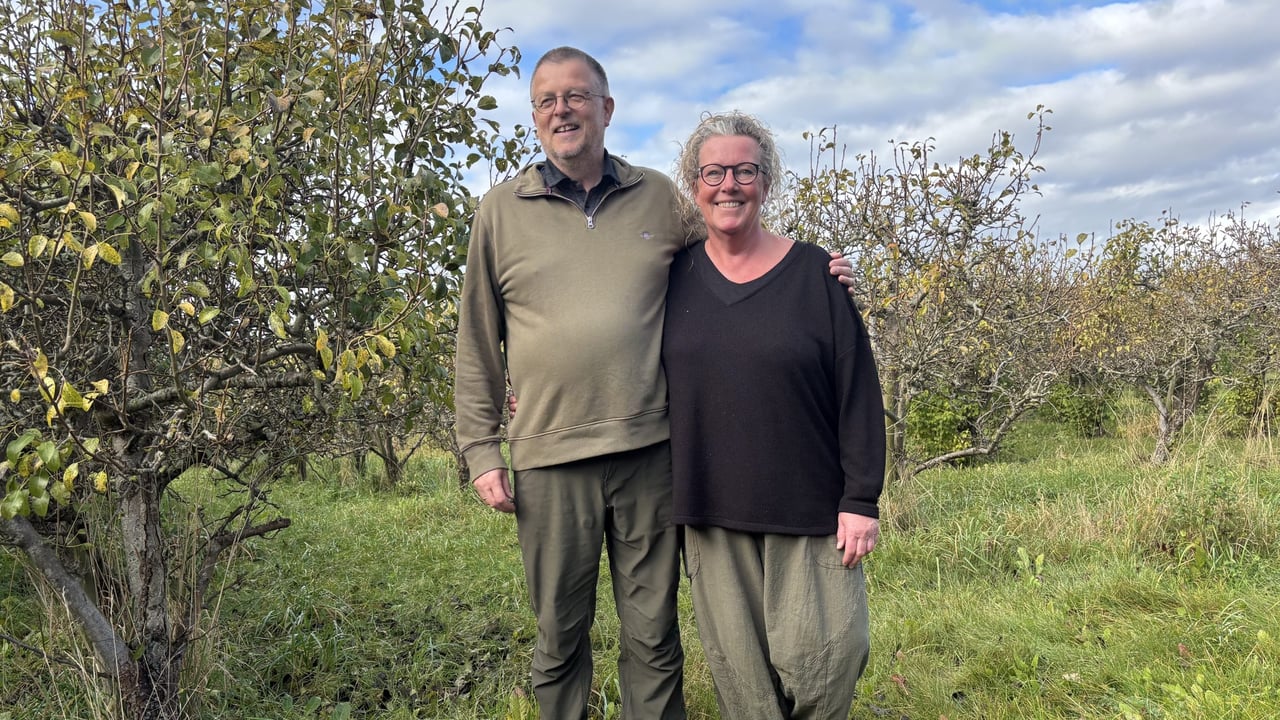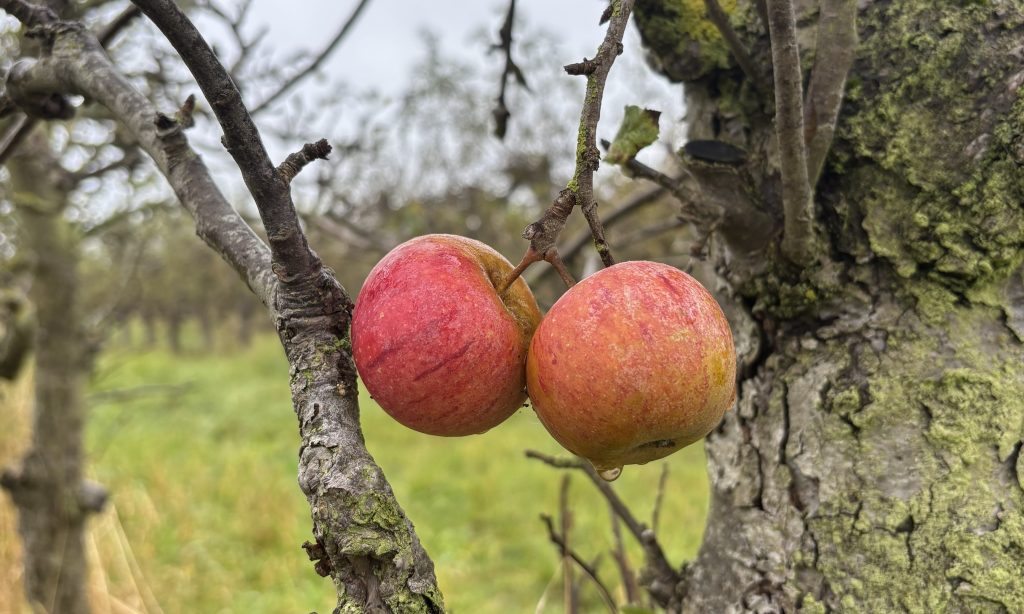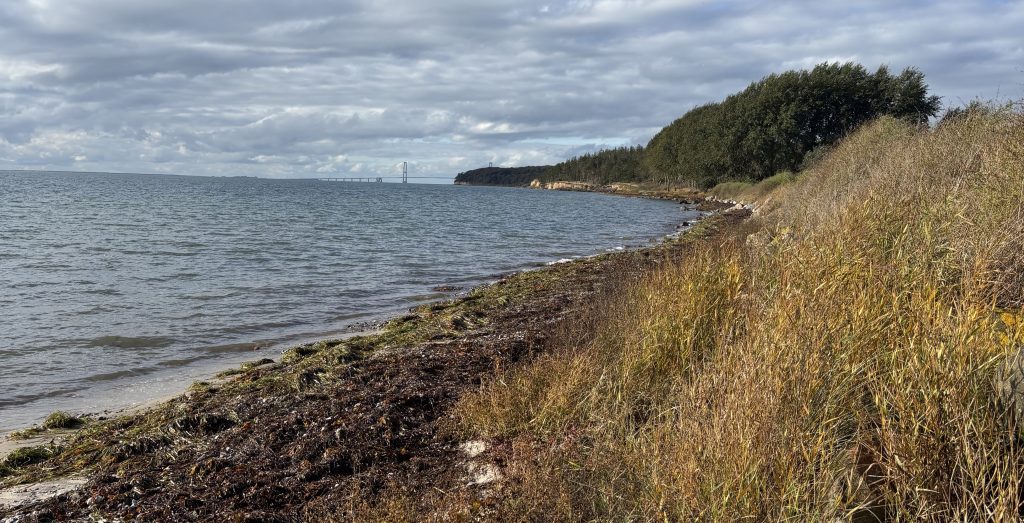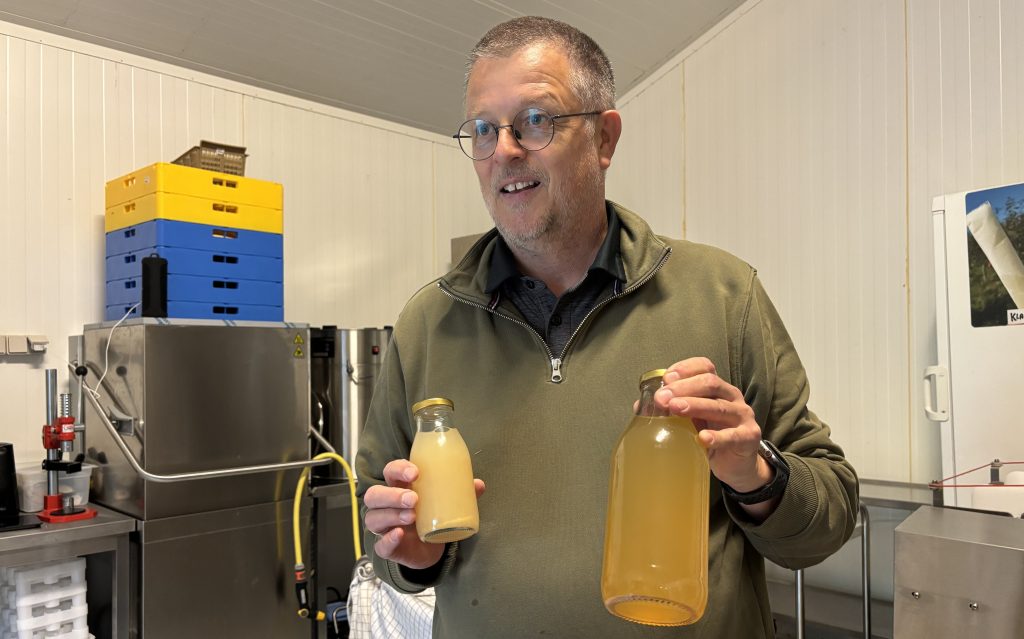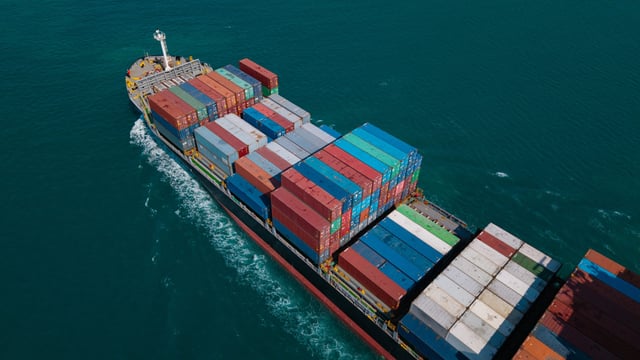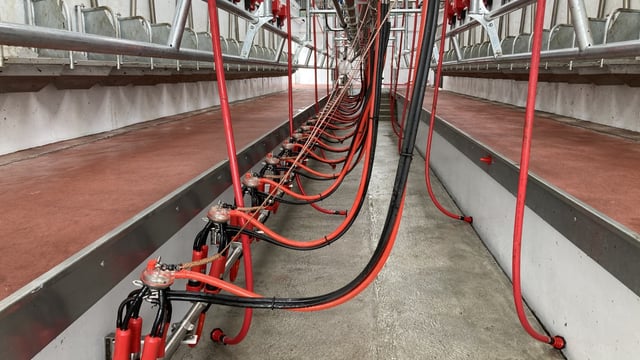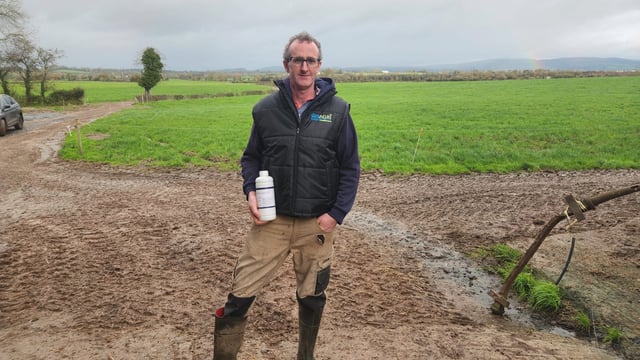Watch: Danish couple growing an organic orchard by the sea
Finding a house with an orchard attached overlooking the sea might sound like just a dream.
However, a Danish couple near Korsor in West Zealand have done exactly that.
Mia and Steen Gregersen of Klarskov Frugt bought the orchard in May 2021, with the fruit trees remaining on the land now dating back to 1985-1992.
Initially, the trees were conventionally run, but Mia and Steven decided to convert to organic farming.
They received organic certification in 2025.
The orchard has 5ha with 4,100 fruit trees, with apples making up around two-thirds and the rest being pears.
From August to November, over 15 fruit varieties are harvested and processed into natural products.
According to the couple, the conversion to organic farming resulted in a 40-50% drop in yield as a result of fewer inputs, but Steen told Agriland there was no doubt that growing organically was the way forward for them.
In 2023, they had 23t harvested, compared to 13t in 2024.
The 2025 harvest figure is even lower, estimated at around 10t. It will "take time" for the trees to adjust to being reared organically, the couple said.
However, the fruit now being produced is fresher, and the quality can command a higher price, they explained.
Financially, what comes from the orchard is not enough to support the couple, but they believe that good raw materials, processing/refining the fruit, along with innovation can eventually have a positive economic outcome for them.
Producing organic was "very natural for us", Steen said.
"Where the house and orchard are based close to the sea, it makes sense for us," he said, adding that they were consumers of organic produce before becoming growers too.
The first year of production, they sold the fruit to a local supermarket.
However, they realised that selling directly to consumers is actually more profitable.
They now mainly sell at a large green market in Copenhagen and process the fruit into juice, cider, and other products.
This increased the revenue on the fruit from 70c/kg to €2.70/kg of raw fruit, and more for the processed fruit.
With support from the European Agricultural Fund for Rural Development, the cold-room onsite was converted into a juice and cider production facility in 2023.
The farm also receives a hectare subsidy and support for organic farming.
Biodiversity and environmental measures
When buying the orchard, it was equipped with solar panels and geothermal heating.
The Gregersens have doubled the number of solar panels to a total of around 14kWh capacity, plus the installation of a 5kWh battery, which can only be partially used.
In the future, the couple wants to look into a 'vehicle 2 home' solution, a process of electric vehicles sending energy back to a home for example, to store and consume electricity more optimally.
The couple has been implementing measures over the last number of years to improve living conditions for insects and wild birds around the orchard.
They keep hens to help maintain vegetation and fertilisation under the trees, and have put birdhouses on the land to help minimise insect attacks.
There are also owl perches and owl boxes on the land, to keep pests like mice and voles to a minimum.
Steen Gregersen said that biodiversity is "really growing" as a result of the measures in place, with more birds and insects present, which are "finding peace and food" there.
